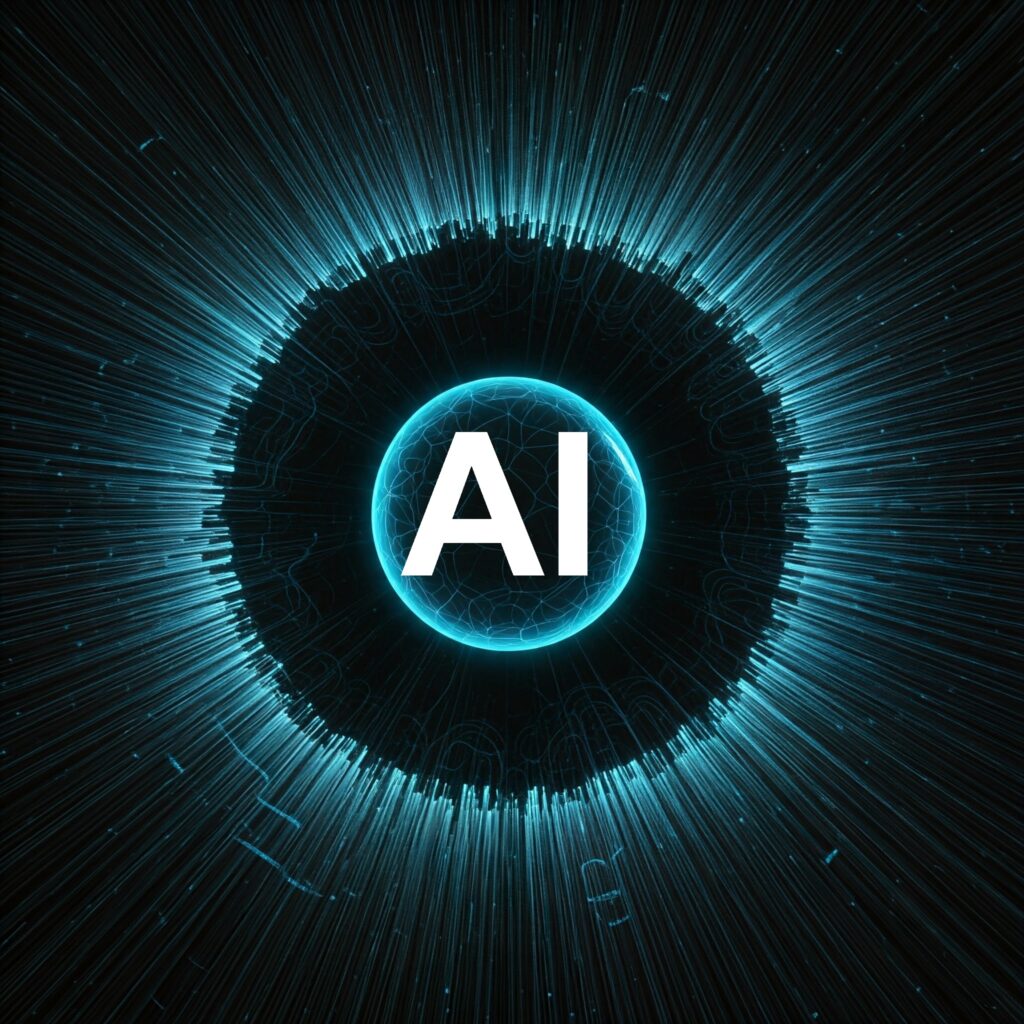What is Artificial Intelligence: Complete guide
Artificial intelligence (AI) has rapidly evolved from a concept in science fiction to a transformative force reshaping industries and societies worldwide. This comprehensive guide aims to provide a deep dive into the world of AI, exploring its history, types, applications, and the profound impact it's having on various fields.
It is a branch of computer science that focuses on creating intelligent agents, which are systems that can reason, learn, and act autonomously. In essence, AI aims to develop machines that can perform tasks that typically require human intelligence, such as understanding natural language, recognizing patterns, solving problems, and making decisions.
A Brief History of AI
The term "artificial intelligence" was coined in 1956 by John McCarthy, a computer scientist, during a Dartmouth Summer Research Project on Artificial Intelligence. While the concept has been around for centuries, the field gained significant momentum in the mid-20th century with advancements in computer hardware and software. Early AI research focused on tasks like theorem proving and language translation.
Types of AI
- Narrow AI (Weak AI): This type of AI is designed to perform specific tasks, such as facial recognition, playing chess, or recommending products. It excels at predefined tasks but lacks general intelligence or consciousness.
- General AI (Strong AI): This hypothetical type of AI possesses the cognitive abilities of a human being, including understanding, learning, reasoning, and problem-solving across various domains. While still a subject of ongoing research, general AI remains a distant goal.

Fields of AI Application
1. Healthcare:
- Diagnosis: AI-powered algorithms can analyze medical images, such as X-rays and MRIs, to assist in diagnosing diseases with greater accuracy.
- Drug Discovery: AI accelerates drug discovery by simulating molecular interactions and predicting potential drug candidates.
- Personalized Treatment: AI can analyze patient data to develop personalized treatment plans based on individual genetic makeup and medical history.
2. Education:
- Personalized Learning: AI-powered adaptive learning platforms can tailor educational content to individual students' needs and pace, enhancing learning outcomes. As we can see use of AR and VR in education
- Intelligent Tutoring Systems: AI-driven tutors can provide personalized feedback and support to students, improving their understanding of complex subjects.
- Automated Grading: AI can automate the grading of assignments, freeing up teachers' time for more meaningful interactions with students.
3. Transportation:
- Autonomous Vehicles: Self-driving cars and trucks have the potential to revolutionize transportation, improving safety and efficiency.
- Traffic Optimization: AI algorithms can analyze traffic patterns and optimize traffic flow to reduce congestion and improve travel times.
- Predictive Maintenance: AI can predict when vehicles need maintenance, reducing downtime and costs.
4. Finance:
- Fraud Detection: AI can identify fraudulent transactions by analyzing patterns in financial data.
- Algorithmic Trading: AI-powered algorithms can execute trades at high speeds, taking advantage of market opportunities.
- Risk Assessment: AI can assess credit risk and investment risk more accurately.
5. Customer Service:
- Chatbots and Virtual Assistants: AI-powered chatbots and virtual assistants can provide customer support and answer queries efficiently.
- Personalized Recommendations: AI can analyze customer behavior to recommend products and services that align with their preferences.
6. Marketing:
- Targeted Advertising: AI can identify target audiences and deliver personalized advertising messages.
- Predictive Analytics: AI can predict customer behavior and optimize marketing campaigns.
- Social Media Monitoring: AI can monitor social media sentiment and track brand reputation.
7. Manufacturing:
- Robotic Automation: AI-powered robots can automate repetitive tasks, improving efficiency and productivity.
- Predictive Maintenance: AI can predict equipment failures, reducing downtime and maintenance costs.
- Quality Control: AI can inspect products for defects, ensuring quality standards are met.
AI for Professionals
AI is transforming the way professionals in various fields work. For web designers, AI-powered tools can generate design layouts, optimize website performance, and personalize user experiences. Digital marketers can leverage AI for tasks such as customer segmentation, targeted advertising, and predictive analytics. Social media marketers can use AI to analyze audience engagement, identify influencers, and schedule content.
Future of AI
The future of AI is bright, with endless possibilities for innovation and disruption. As AI continues to advance, we can expect to see even more sophisticated applications in fields such as healthcare, education, transportation, finance, and beyond. However, ethical considerations, such as bias, privacy, and job displacement, will also need to be carefully addressed to ensure that AI benefits society as a whole.
Conclusion
Artificial intelligence is a rapidly evolving field with the potential to transform our world. By understanding the history, types, and applications of AI, we can better appreciate its impact and prepare for the future. As AI continues to advance, it is essential to approach its development and deployment with a focus on ethics, responsible innovation, and the well-being of society.
